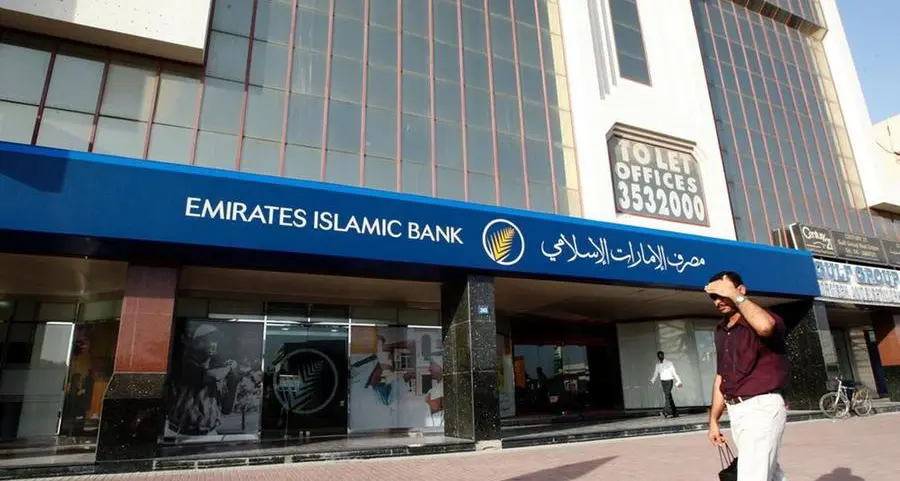Dr. Waleed Al-Sama'ani, justice minister and chairman of the Supreme Judicial Council, has launched e-services for verification and payment. The goal is to transform procedures of enforcement courts in order to spare clients the need to visit such courts, and help reduce enforcement duration.
The e-services launched by the minister are aligned with the ministry's vision of digital transformation for enforcement courts, started three years ago by launching several digital projects, including “Paperless Courts" and digital integration with relevant public authorities, 22 entities so far.
During the inauguration of the two services at the Legal Training Center in Riyadh on Monday, the minister revealed that the ministry’s digital transformation projects for enforcement courts had helped shorten enforcement duration from two months to only 72 hours.
The minister also announced that with the new e-services for verification and payment, 90% of clients would not need to visit enforcement courts; 10% of them, however, might need to visit such courts in some cases due to adjudication requirements.
He also indicated that enforcement applications last year totaled about 450,000, for a total amount of nearly SR200 billion.
Al-Sama’ani asserted that the digital transformation of enforcement procedures was aligned with the ministry’s vision for digital transformation in the legal system in general. “This includes procedures for judicial inspection, now 100% digital, and for first instance courts: commercial, general, criminal, and personal. The goal is to facilitate procedures for clients and minimize — through e-services — the need for court visits,” he said.
He also explained that e-payment of financial claims was one of the ministry’s initiatives for the National Transformation Program 2020 and Saudi Vision 2030. He also pointed out that the new e-service would help the Kingdom achieve a higher global rating in the index for contract enforcement.
The minister also pointed out that the e-payment service was enabled in cooperation with the SADAD system of the Saudi Arabian Monetary Agency (SAMA). “It is performed via e-payment from the execution debtor’s account to the enforcement applicant’s account, without the need for checks, banknotes, or court visits. the goal is to shorten enforcement duration and speed up restoration of rights, while lifting sanctions against debtors as soon as the payment is made,” he added.
Dr. Hamad Al-Khudairi, the ministry’s undersecretary, said: “The new application cycle starts with the applicant’s filing on the ministry’s portal (www.moj.gov.sa). The data is then reviewed by the application reception department. Once the data has been completed, the application is digitally referred to the judicial panel, and the applicant is notified.”
"The enforcement judge verifies that the execution writ meets regulatory requirements, and immediately issues an execution order to the debtor, who is also digitally and regularly notified; and the order includes the enforcement bill code on SADAD. As soon as the debtor repays the due amount, the sanctions taken against him are lifted, and the applicant receives the amount in his bank account without any party having to visit the court,” he added.
© Copyright 2018 The Saudi Gazette. All Rights Reserved. Provided by SyndiGate Media Inc. (Syndigate.info).











